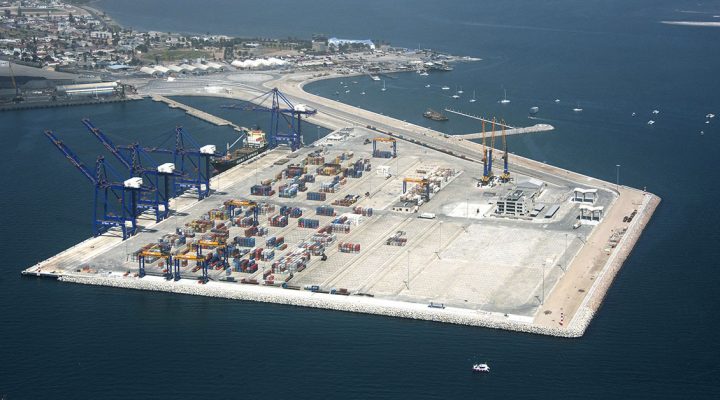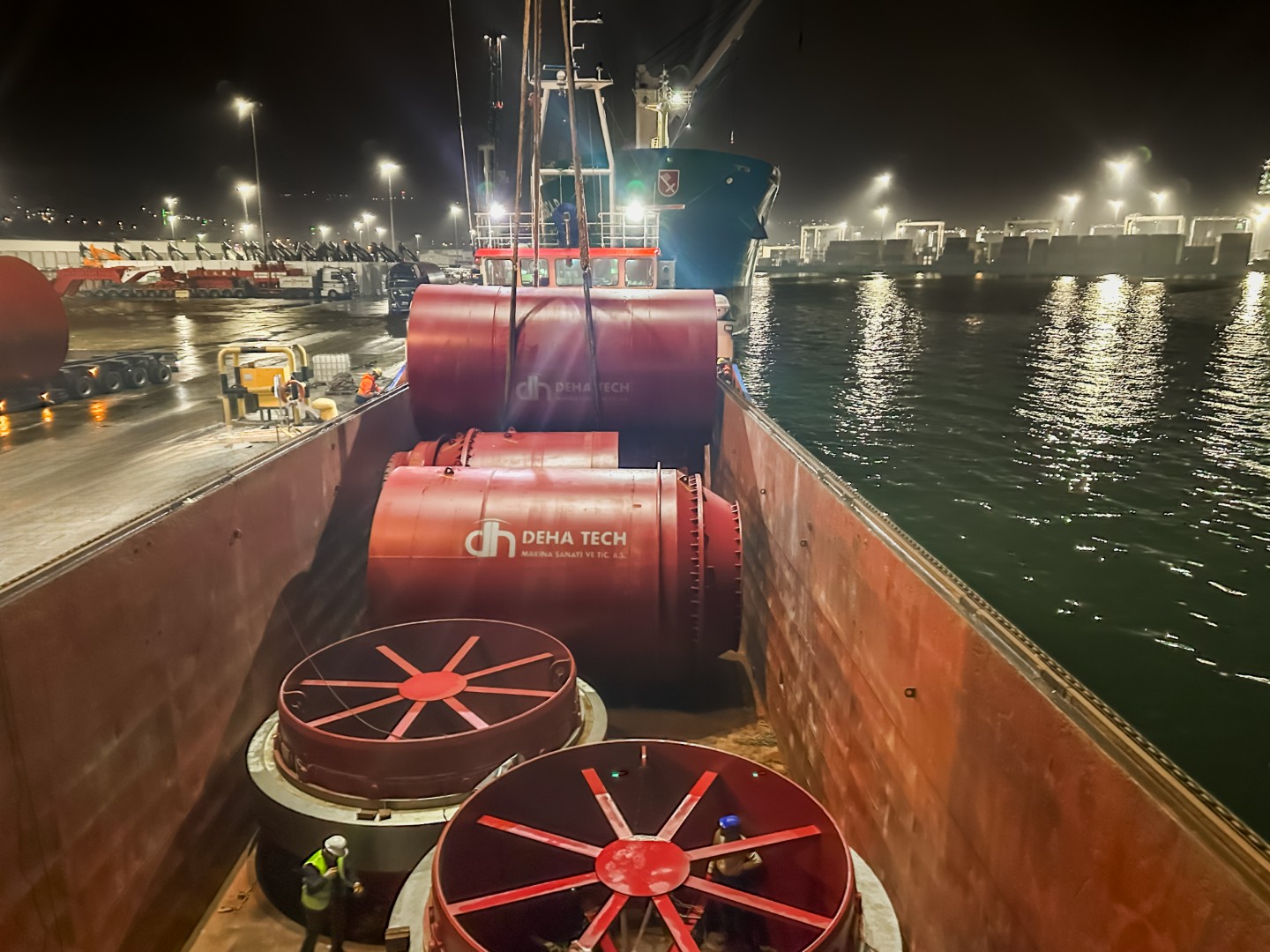
5 Common Mistakes in Project Cargo Planning
Project cargo logistics requires far more precision and expertise than standard freight operations. Especially in sectors like energy, construction, and mining, even minor planning mistakes can result in major time delays and financial losses. In this article, we highlight the 5 most common mistakes in project cargo planning and suggest strategies to avoid them.
1. Insufficient Route Survey
Many project shipments begin without proper analysis of road conditions, load dimensions, or route limitations. This often leads to issues with bridge clearance, road width, or infrastructure constraints.
Solution: Conduct thorough route surveys, feasibility studies, and real-world testing of the planned transport path before execution.
2. Poor Timing and Seasonal Oversight
Although project logistics requires long-term planning, seasonal factors, public holidays, and port congestion are often overlooked — leading to costly delays.
Solution: Take local weather patterns, holidays, and port capacity into account when scheduling transport operations.
3. Inadequate Insurance and Risk Management
Project cargo involves higher-than-usual risk, yet many companies rely on standard cargo insurance, which may not offer adequate coverage.
Solution: Obtain tailored project cargo insurance and conduct a professional risk assessment specific to the shipment.
4. Lack of Coordination and Miscommunication
Ineffective communication between suppliers, carriers, port authorities, and project managers can trigger operational disruptions throughout the entire chain.
Solution: Use shared digital platforms, establish daily briefings, and maintain structured communication channels between all stakeholders.
5. Improper Load Securing and Equipment Use
Incorrect load securing or using the wrong equipment can pose serious threats to both cargo and personnel.
Solution: Follow international cargo securing standards (e.g., CTU Code), use appropriate equipment, and ensure crew is properly trained.


